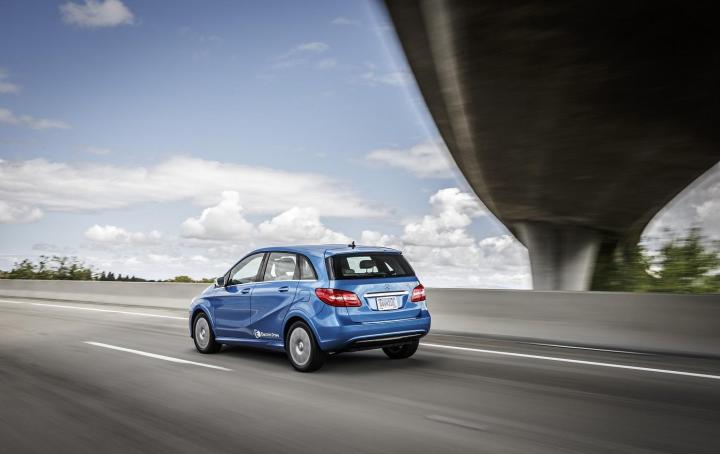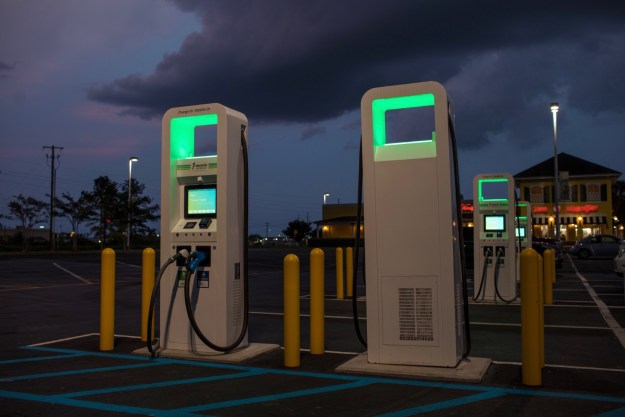
The project is being conducted by Highways England, a government-owned company tasked with operating and finding ways to improve England’s highway system. Starting essentially from scratch, the firm aims to develop a dynamic charging system that is both reliable and cost-efficient to build and install.

The government has pledged to jump-start the implementation of on-the-move charging by pledging to give the project £500 million (nearly $780 million) over the next five years. On paper, the basic idea is to charge the battery pack of an electric vehicle wirelessly and at highway speeds by sending electricity from power transfer loops built into the pavement at regular intervals to a special receiver mounted under the car, but more precise details won’t be published until Highways England has identified the technology suppliers and car makers that it has chosen to work with.
In addition to essentially ending the range anxiety that’s often associated with owning an electric vehicle, on-the-move charging systems have the potential to significantly improve air quality across England, help support economic growth by drastically reducing families’ fuel bills, and lower noise levels in areas located near highways and major roads. It would also allow a majority of British businesses to slash their operating costs.
“The off-road trials of wireless power technology will help to create a more sustainable road network for England and open up new opportunities for businesses that transport goods across the country,” predicts Mike Wilson, Highways England’s chief highways engineer.
Although the pilot program will take place on private roads, Highways England’s on-the-move charging system will be tested in real-life situations if the program yields positive results, though it is too early to tell when such an experiment could begin. Regardless of study’s outcome, the British government remains committed to installing high-speed charging stations every 20 miles across the country’s entire highway system in a bid to boost the take-up rate of electric and plug-in hybrid vehicles.
Editors' Recommendations
- Could EVs charge wirelessly? Here’s what you need to know
- Mercedes EV charging hubs are coming to North America by the end of the decade
- Why do EVs charge slowly? Lithium battery limits explained
- Google Maps makes it easier to find EV charging stations via plug type
- Electrify America’s home station lets you charge your EV while watching Netflix




